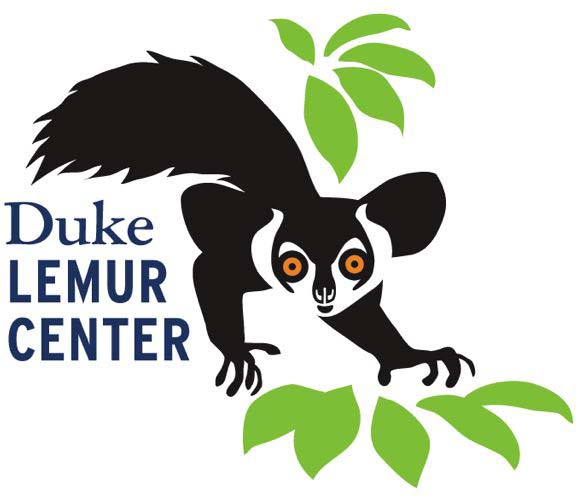Bring a blanket and join us for a picnic to meet the lemurs in the adopt-a-lemur program at the Duke Lemur Center, from 5 to 8 p.m. on Friday, June 6. Your sponsorship will help us care for the lemurs at the Duke Lemur Center and support the conservation work we do around the world.

Oscar, the new baby mongoose lemur, is one of five lemurs up for adoption at the Duke Lemur Center on Friday, June 6
Purchase your picnic from a food truck (Fosters on the Fly) or bring your own picnic basket, and see unique primates you can’t find anywhere else in the U.S. Take a self-guided tour of the Center, get your picture taken with Maky, our ring-tailed lemur mascot, and decide for yourself who you would like to support for the next year. Keepers and education staff will be on hand to answer all your questions about each of the animals up for adoption.
How your donation helps lemurs
In 2012, lemurs were named the most endangered mammals on the planet. The Duke Lemur Center has been working to learn from and care for lemurs for nearly 50 years, and is the world’s largest sanctuary for these animals outside of their native home of Madagascar. When you adopt a lemur, you not only help cover the $7,400 per year cost it takes to care for each animal, but you will also support our work in the U.S., Madagascar and around the world to study and save these endangered animals.
With your $50 tax-deductible donation, you’ll receive regular updates and photos on the animals of your choice, and you won’t have to scoop the poop! These animals stay at the Duke Lemur Center and we will do the dirty work.
Animals up for adoption on June 6 include:
- Oscar, our baby mongoose lemur born on April 12. Oscar is one of only 5-8 mongoose lemur births expected in North America this year.
- Presley, a blue-eyed black lemur named after the blue-eyed ‘King of Rock ‘n’ Roll.’ Blue-eyed black lemurs are one of two non-human primates to have truly blue eyes.
- Pompeiia, a four-year-old Coquerel’s Sifaka who is one of less than 60 individuals of her species living in captivity.
- Grendel, a male aye-aye. The Duke Lemur Center has had more success at breeding aye-ayes than any other institution in the world.
- Thistle, a teacup-sized female mouse lemur. Because mouse lemurs develop Alzheimer’s-like symptoms as they age, researchers at the Duke Lemur Center hope their non-invasive mouse lemur research will help us better understand the aging brain.
Reservations are required. Call 919-401-7252 to reserve your spot and mark your calendar to meet the new adoptees at the Duke Lemur Center. Tickets are $50 per car and are fully tax deductible.
WHAT: Adopt a Lemur
WHEN: 5 – 8 p.m., Friday, June 6
WHERE: Duke Lemur Center, 3705 Erwin Rd in Durham. For directions please visit https://lemur.duke.edu/about-the-duke-lemur-center/directions/.
HOW: To reserve your spot, please call 919-401-7252

